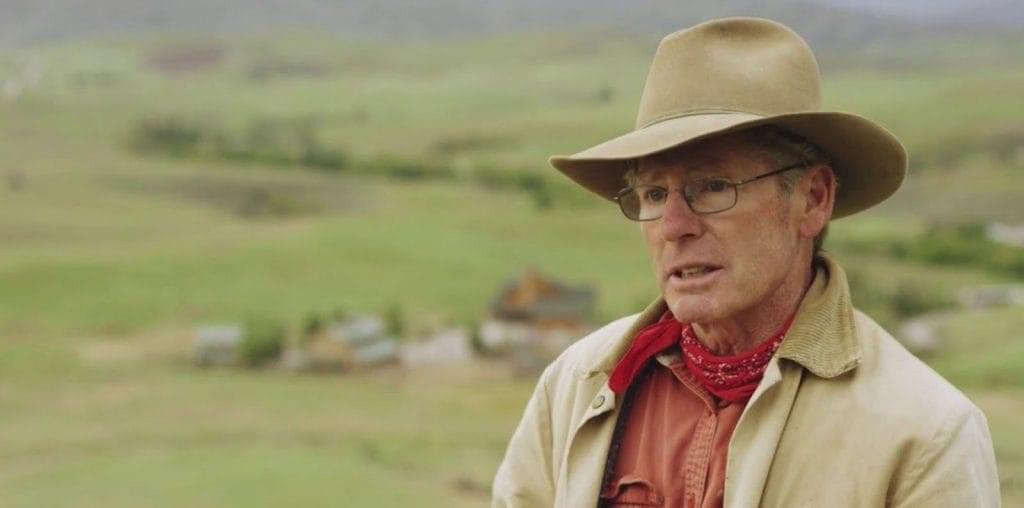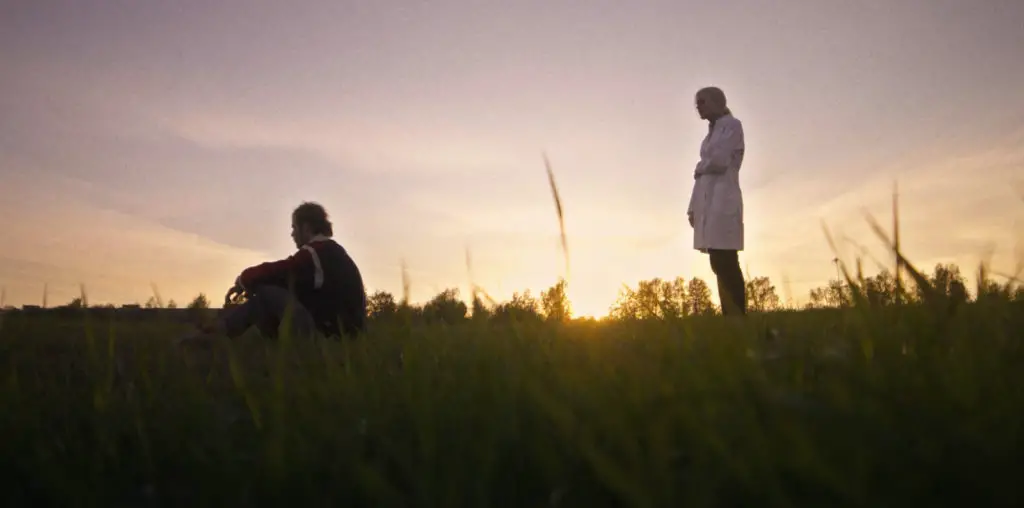
This very enjoyable debut feature from former St. Louis lab technician/high school English teacher Frank Popper is only the second documentary in my memory to rally its film festival premiere spectators to such singularly transcendent exhortations that both pictures catapulted into well-deserved audience awards. In September 2002 it was Michael Moore’s Bowling for Columbine at the San Sebastian International Film Festival, before a crowd nearly devoid of Americans. In mid-June 2006, it happened again with Can Mr. Smith Get to Washington Anymore? at Silverdocs, the 4-year-old Silver Spring, Maryland, documentary film festival supported by The American Film Institute and Discovery Communications.
While Columbine went on to become the most successful documentary feature of its time, Mr. Smith is taking a slower path to success, but pleasing hold-over hometown crowds that agree this is one of the more pleasantly entertaining films of the year and also one of the most humanly funny examinations of the democratic election process. Borrowing more than its title from the Frank Capra social comedy, this underdog tale is a rough gem that hopefully will find viewers as it spreads out into limited engagements across the country (to find out if the film will be playing near you, check www.mrsmithmovie.com).
Popper follows the longshot campaign of Jeff Smith, a 29-year-old teacher and political neophyte who decides to take on 9 opponents and a much too complacent voter base in the 2004 Democratic primary for the United States Congressional seat being vacated by House Majority Leader Dick Gephardt. In his ten-month challenge, the sublimely-energetic, squeaky-voiced Smith rises above his own family’s ridicule, including his 96-year-old grandmother Idah Ruben who warns her friends to save their money if her grandson is actually running for Congress, “A person with the mind that he has shouldn’t waste it on politics.” Jeff’s mother thinks sonny boy is off the wall and just wants him to get a Ph. D. Yet despite and because of the initial barrage of ridicule, the kid with a ton of spunk pushes on and invigorates household after household, neighborhood after neighborhood, and an army of 500 novice mostly college-age volunteers and non-experienced campaign workers in this attempt to pull one of the biggest electoral upsets in modern history. Watching Popper follow this extremely well-spoken candidate beg, borrow, and pray for votes, even with his incredibly low initial name recognition—there is another Smith in the race as well as front runner Russ Carnahan, a State Representative and member of the Missouri dynasty of governors, senators, etc.—is just as exciting as watching a solid Hollywood David vs. Goliath drama.
Popper’s camera captures the angst of the grassroots crusade in its massive slog for integrity on the campaign trail. Smith, a avid basketball player (and, according to his dad, an NBA wannabe) doesn’t drop the political ball, and Popper focuses on the contender’s honesty and tenacity, showcasing the aspiring politico’s fierce determination, fast wit, progressive leanings, and flair for the comic punchline. Every cut-away to his bland opponent Carnahan makes the leader appear as massively inarticulate and somewhat uninformed, figuring that all he needs to earn the seat is mention his family’s track record and some negative advertising.
This often funny-in-despair backroom political primer sports a peppy score, ranging from urgent drumline beatings to bluesy piano cues that highlight the digitally-shot a visual look that blends close-ups and medium shots to very good effect. Yes, it’s with particular pleasure to root for this underdog; you can actually hear the screams from everyone on the audience as the tallies are gathered on Election Day. Popper has managed to let lightning out of this bottle and everyone should try to catch some of the electricity floating about the air in St. Louis (and beyond).

